Jointed Roof Truss
Categories: Mechanical Lab Equipment Manufacturer Applied Mechanics Lab EquipmentsJointed Roof Truss The basic roof truss consists of two rafters or struts and a restraining tie. Both rafters are pivoted at their apex. The other end of one of the rafters is pivoted to a free st...
Product
Description
Jointed Roof Truss
- The basic roof truss consists of two rafters or struts and a restraining tie. Both rafters are pivoted at their apex.
- The other end of one of the rafters is pivoted to a free standing base, whilst the remaining rafter end runs on ball bearings along a track.
- When a load is hung from the apex, the free end of the rafter moves sideways, restrained by a spring balance tie.
- Both rafters also include spring balances so that all internal loads can be directly measured.
- Re-adjustment of the geometry back to its original unloaded configuration is easily made before taking measurements. The length of the tie can be varied to change the angles of the truss.
Specification:
- Evaluation of co-planar forces in the struts and tie of a basic roof truss
- Effect of changing tie bar length
- The apparatus consists of two rafter struts and a restraining tie mounted on a self contained, bench top base
- Both struts and tie incorporate linear, direct reading spring balances to measure forces
- Loading at the hinged apex by load hanger
- The tie length, and hence angle of truss, variable
- Struts and tie re-adjustable to original lengths
- An instruction manual for student and lecturer provided
- Set of weights
quick overview :
Jointed Roof Truss
- The basic roof truss consists of two rafters or struts and a restraining tie. Both rafters are pivoted at their apex.
- The other end of one of the rafters is pivoted to a free standing base, whilst the remaining rafter end runs on ball bearings along a track.
- When a load is hung from the apex, the free end of the rafter moves sideways, restrained by a spring balance tie.
- Both rafters also include spring balances so that all internal loads can be directly measured.
- Re-adjustment of the geometry back to its original unloaded configuration is easily made before taking measurements. The length of the tie can be varied to change the angles of the truss.
Specification:
- Evaluation of co-planar forces in the struts and tie of a basic roof truss
- Effect of changing tie bar length
- The apparatus consists of two rafter struts and a restraining tie mounted on a self contained, bench top base
- Both struts and tie incorporate linear, direct reading spring balances to measure forces
- Loading at the hinged apex by load hanger
- The tie length, and hence angle of truss, variable
- Struts and tie re-adjustable to original lengths
- An instruction manual for student and lecturer provided
- Set of weights
Product
Reviews
add Review
reviews
No Review Yet.
Copyrights © 2025 All Rights Reserved by Atico

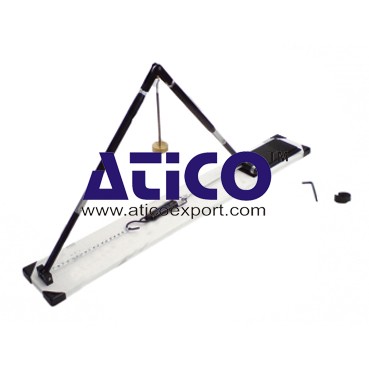




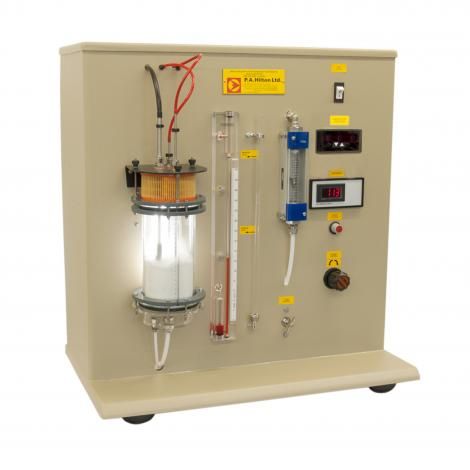
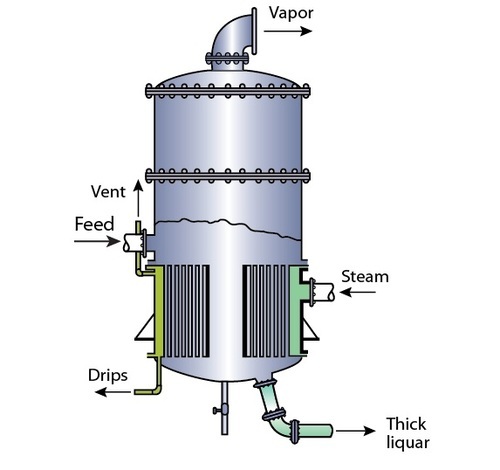
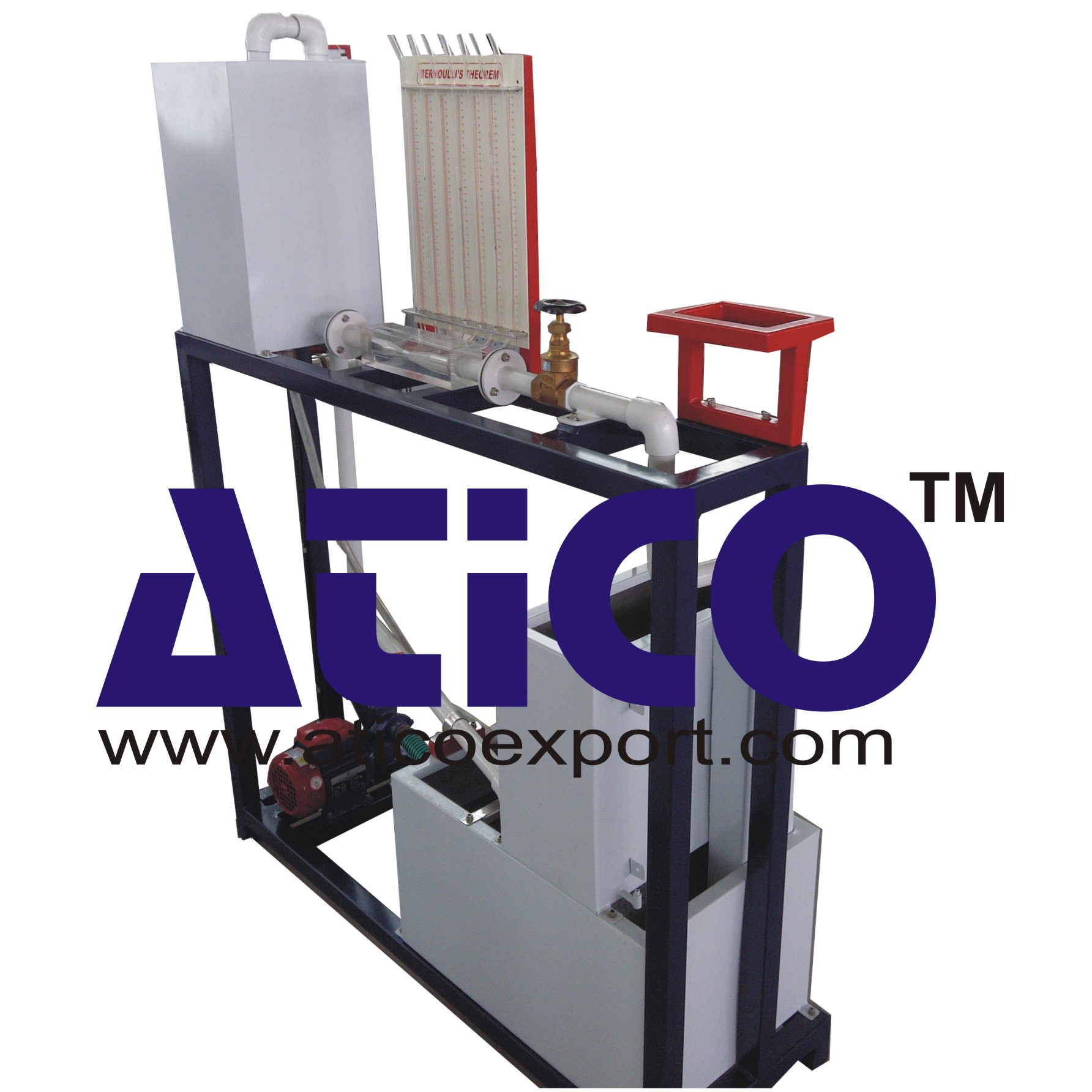
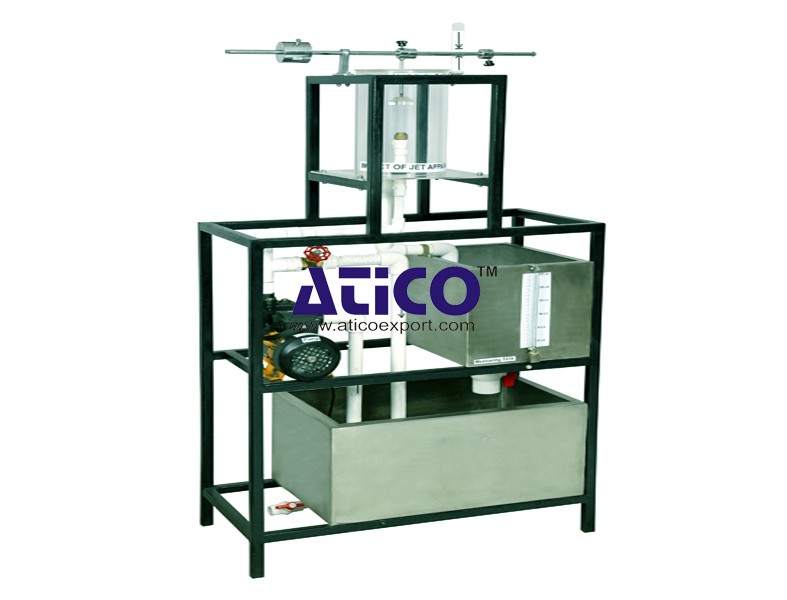
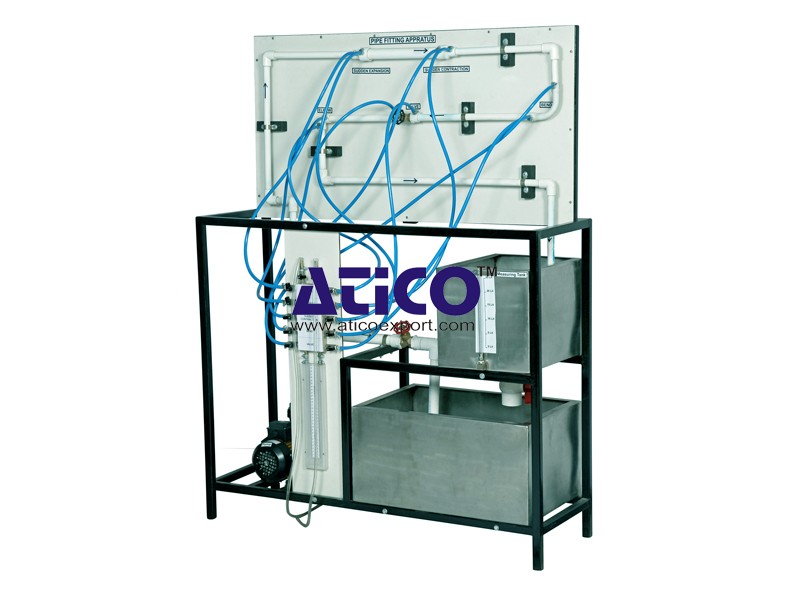
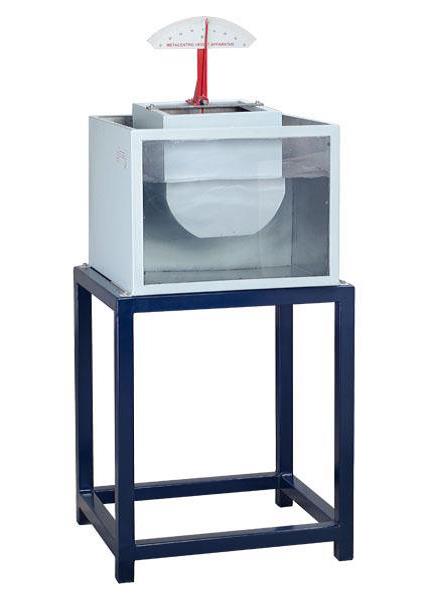
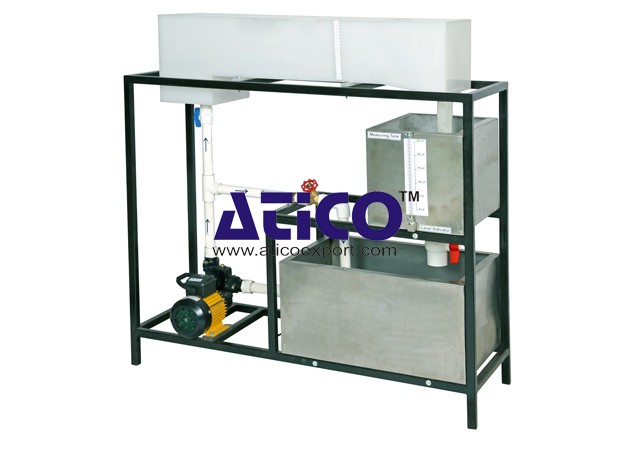
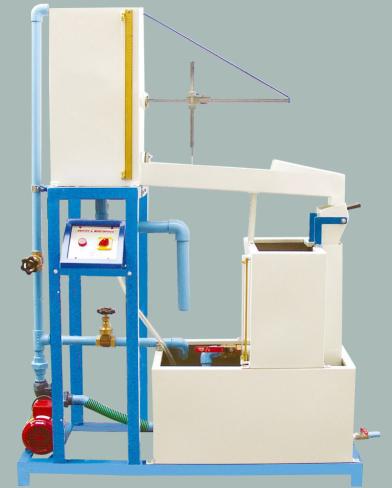
Product
Reviews
add Review
reviews
No Review Yet.